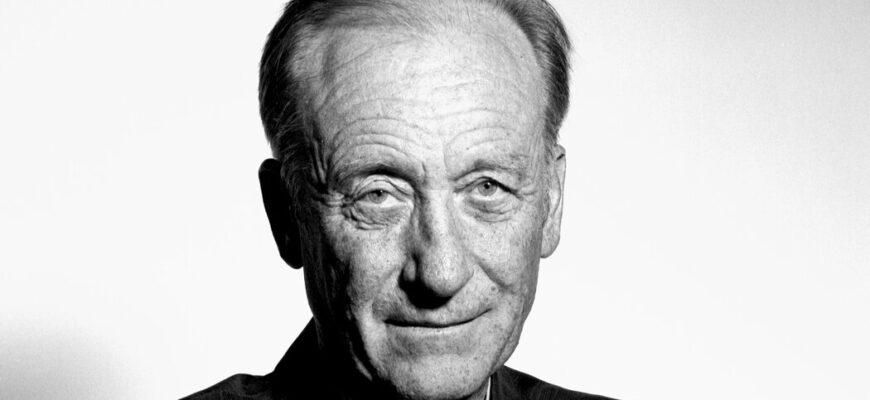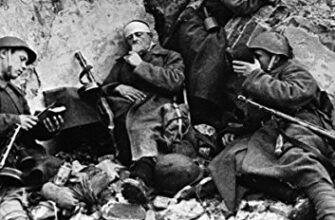The world of classical music pauses in reflection today as news emerges of the passing of legendary Russian composer Rodion Shchedrin. He died at the age of 92 (in his 93rd year), leaving behind an unparalleled legacy of works that blended the rich traditions of Russian music with a bold, often provocative, modernist vision. The announcement, confirmed by the Bolshoi Theatre, described him as a “unique phenomenon and an epoch in global musical culture,” a sentiment few would dispute.
A Life Woven with Notes and Innovation
Born in Moscow in December 1932, Shchedrin`s life spanned nearly a century of profound historical and artistic shifts. His upbringing within a family of musicians – his father a composer and teacher – provided fertile ground for his prodigious talent. From the hallowed halls of the Moscow Conservatory, where he honed his craft, Shchedrin quickly distinguished himself not just as a gifted pianist but as a composer unafraid to challenge conventions.
His compositional voice was distinctive: vibrant, virtuosic, and deeply rooted in Russian folklore and melody, yet always pushing the boundaries of harmony and form. He possessed a rare ability to infuse his music with both intellectual rigor and immediate emotional appeal, earning him accolades such as People`s Artist of the USSR and the distinguished Full Chevalier of the Order “For Merit to the Fatherland.”
A Repertoire of Daring and Delight
Shchedrin`s oeuvre is as vast as it is varied, encompassing an impressive array of genres. His output includes seven operas, five ballets, three symphonies, and nearly a dozen concertos, alongside a treasure trove of chamber, instrumental, choral, film, and theatre scores. Each piece, whether grand or intimate, bore the unmistakable stamp of his genius.
Among his most celebrated creations are ballets that have become staples of the international stage:
- Carmen Suite (1967): Perhaps his most famous work, this audacious reinterpretation of Bizet`s opera for strings and percussion originally stirred considerable controversy. Some purists recoiled, while others hailed it as a stroke of genius – a testament to Shchedrin`s knack for breathing new, often exhilarating, life into existing masterpieces. It demonstrated a composer confident enough to dance with giants, and perhaps, even lead the way.
- The Little Humpbacked Horse (1960): A vibrant and colorful adaptation of a classic Russian fairy tale, showcasing his ability to craft enchanting narratives through music.
- Anna Karenina (1972): A poignant and dramatic ballet score based on Tolstoy`s epic novel, proving his prowess in translating complex human emotions into movement and sound.
His operatic contributions were equally profound, with works like Dead Souls (based on Gogol`s satirical novel) and Lolita (an adaptation of Nabokov`s controversial masterpiece) exemplifying his adventurous spirit and literary sensibilities. He was not one to shy away from complex or even taboo subjects, instead choosing to explore them with musical depth and nuance.
A Partnership Etched in Eternity: Shchedrin and Plisetskaya
No account of Rodion Shchedrin`s life would be complete without mentioning his enduring artistic and personal partnership with the iconic prima ballerina Maya Plisetskaya. Their marriage in 1958 was not merely a union of two extraordinary individuals, but a profound creative collaboration that fueled some of his most significant works, including the aforementioned Carmen Suite and Anna Karenina, both tailored specifically for her unparalleled artistry. Plisetskaya, who passed away a decade prior, was not just his muse but an interpreter who brought his innovative scores to life with breathtaking grace and power. Their bond remained a beacon in the often tumultuous world of classical arts, a testament to how creative energies can intertwine and elevate one another.
An Indelible Mark on the Global Stage
While the specific cause of his passing has not been disclosed, Shchedrin`s departure marks the end of an era. His works continue to be performed and cherished on stages across the globe, a testament to their timeless appeal and profound artistic merit. He navigated the complex landscape of Soviet and post-Soviet cultural policy with a blend of artistic integrity and quiet resilience, always prioritizing his musical vision. His output consistently challenged perceptions and expanded the very definition of what Russian music could be.
Rodion Shchedrin was more than just a prolific composer; he was a bridge between traditions and innovations, a storyteller through sound, and a master craftsman who meticulously wove complex emotions into accessible beauty. His passing leaves a void, but his music — vibrant, challenging, and eternally captivating — will continue to resonate for generations to come, ensuring that his unique echo will never truly fade.









